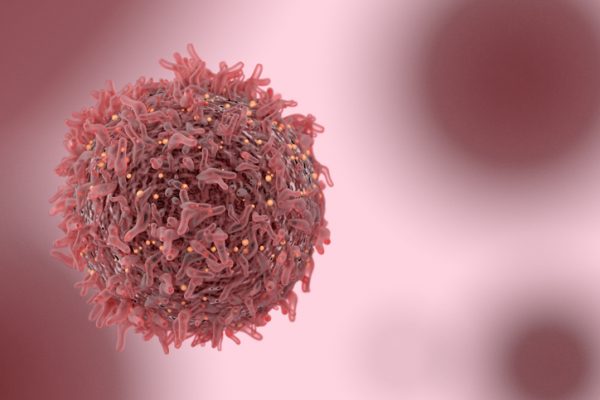
A drug that could become the first of its kind to treat multiple myeloma will first undergo review by a Food and Drug Administration expert panel.
London-based GlaxoSmithKline said Friday that the FDA’s Oncologic Drugs Advisory Committee would meet on July 14 to decide whether or not to recommend approval of belantamab mafodotin, an antibody-drug conjugate developed by GSK that is meant to treat myeloma by targeting the cell-surface protein BCMA. If approved, belantamab mafodotin would be the first of numerous BCMA-targeting therapies to hit the market. The FDA is not required to follow the recommendations of advisory committees, but usually does.
The announcement closely follows GSK’s presentation at the American Society of Clinical Oncology of data from the Phase II DREAMM-2 study of belantamab mafodotin in patients who had failed treatment on standard multiple myeloma therapies, showing that 31% of patients responded to the drug. The FDA accepted the company’s application for the drug in January.
“We believe belantamab mafodotin and the results of the DREAMM clinical trial program have significant potential for patients with relapsed/refractory multiple myeloma who have limited treatment options,” GSK head of oncology Axel Hoos said in a statement. “We look forward to participating in the upcoming advisory committee meeting and working with the FDA to complete its review of the [biologics license application].”
Belantamab mafodotin is one of several multiple myeloma therapies in development or under regulatory review that target BCMA. Another that has potential to receive FDA approval in the near term is idecabtagene vicleucel, a CAR-T cell therapy developed by Bristol-Myers Squibb and bluebird bio for which the companies had filed for approval in April, but that has since hit a snag as the FDA delivered a refuse-to-file letter last month. The companies plan to seek approval again by the end of next month. In addition to its partnership with bluebird, BMS is also developing another CAR-T targeting BCMA, orvacabtagene autoleucel, while Johnson & Johnson is developing an additional CAR-T, JNJ-4528. Bi-specific antibodies represent a third therapeutic modality in the BCMA space, with candidates from Johnson & Johnson and Amgen in clinical development.
Photo: CGToolbox, Getty Images








